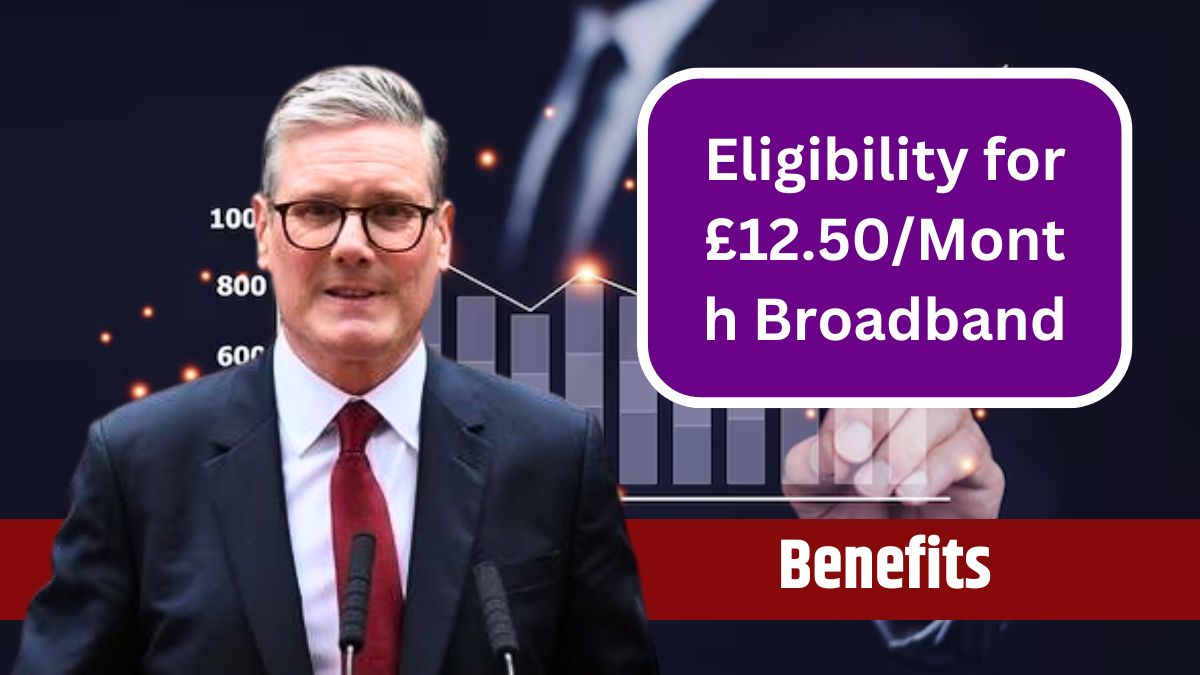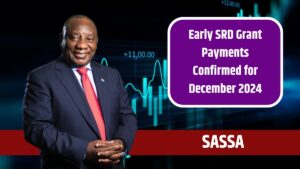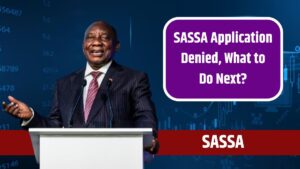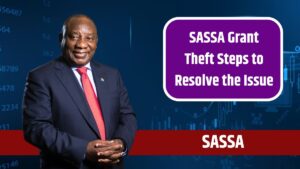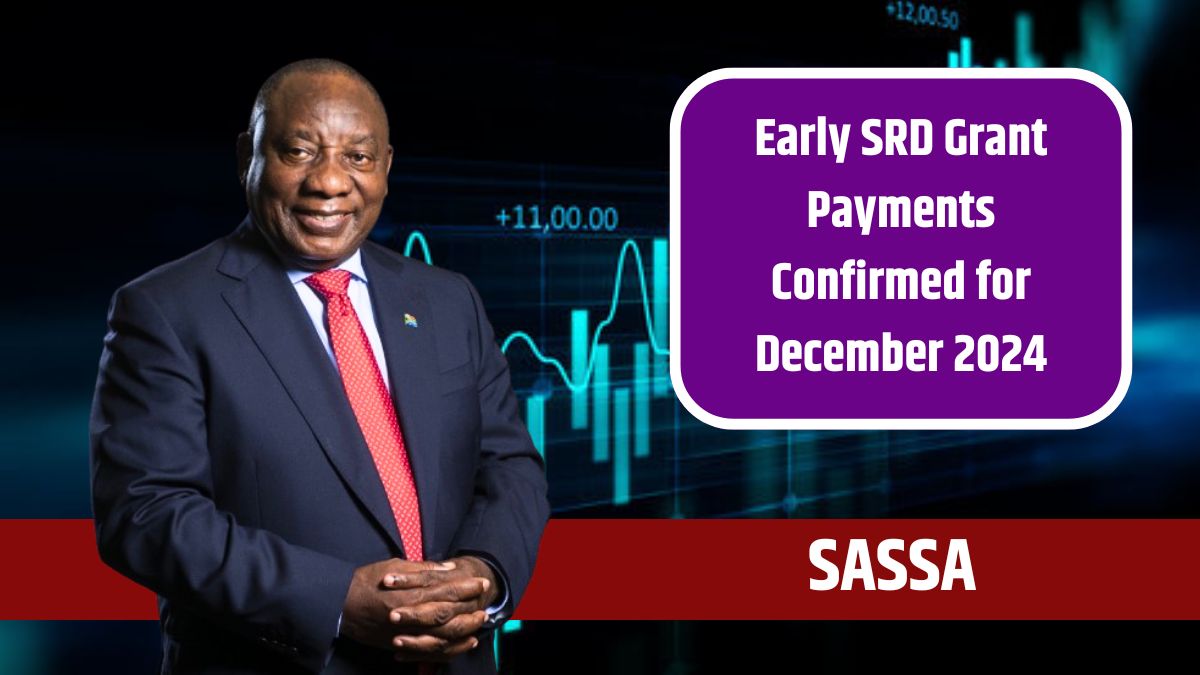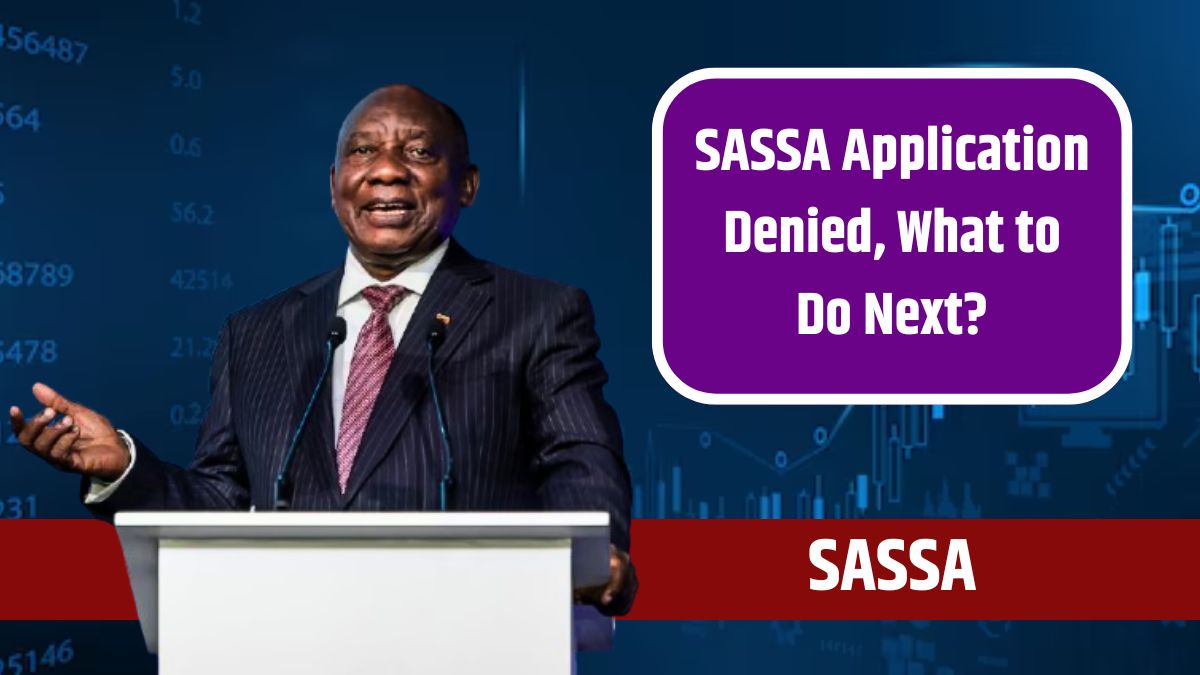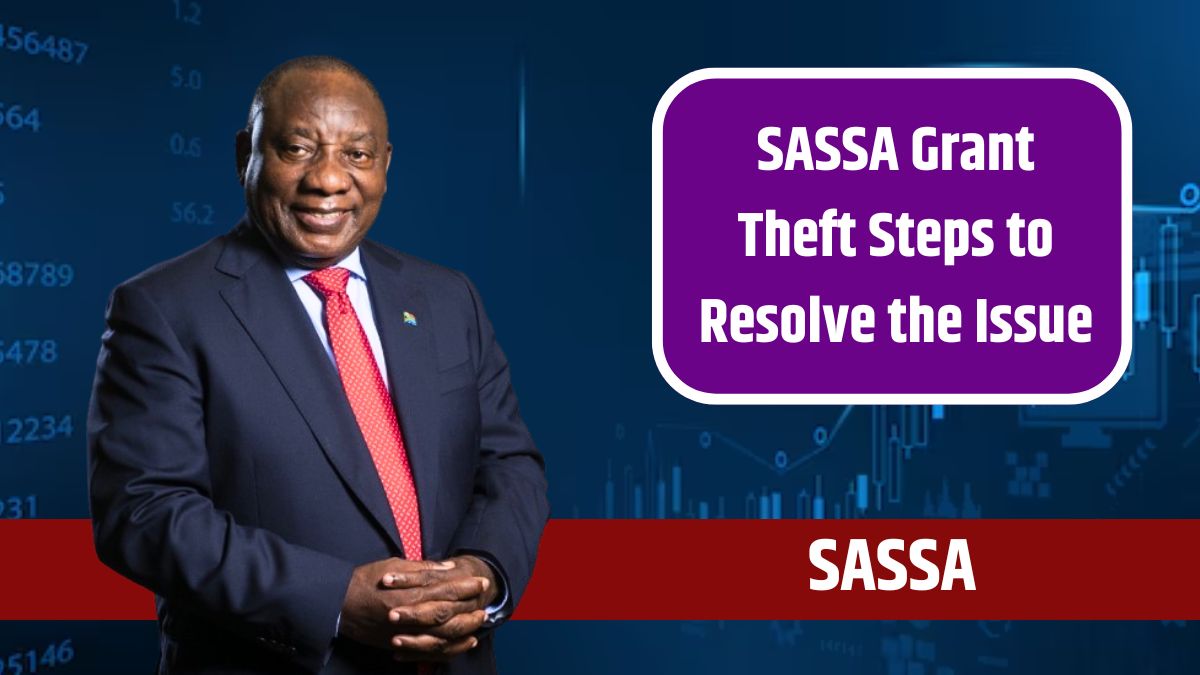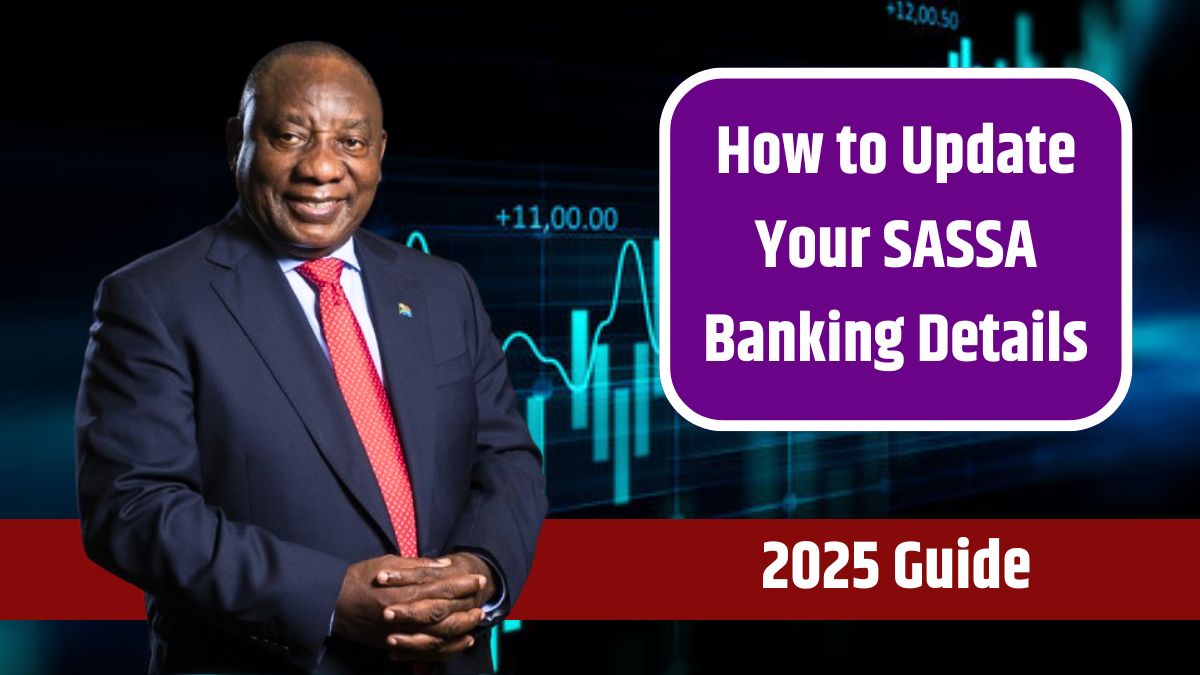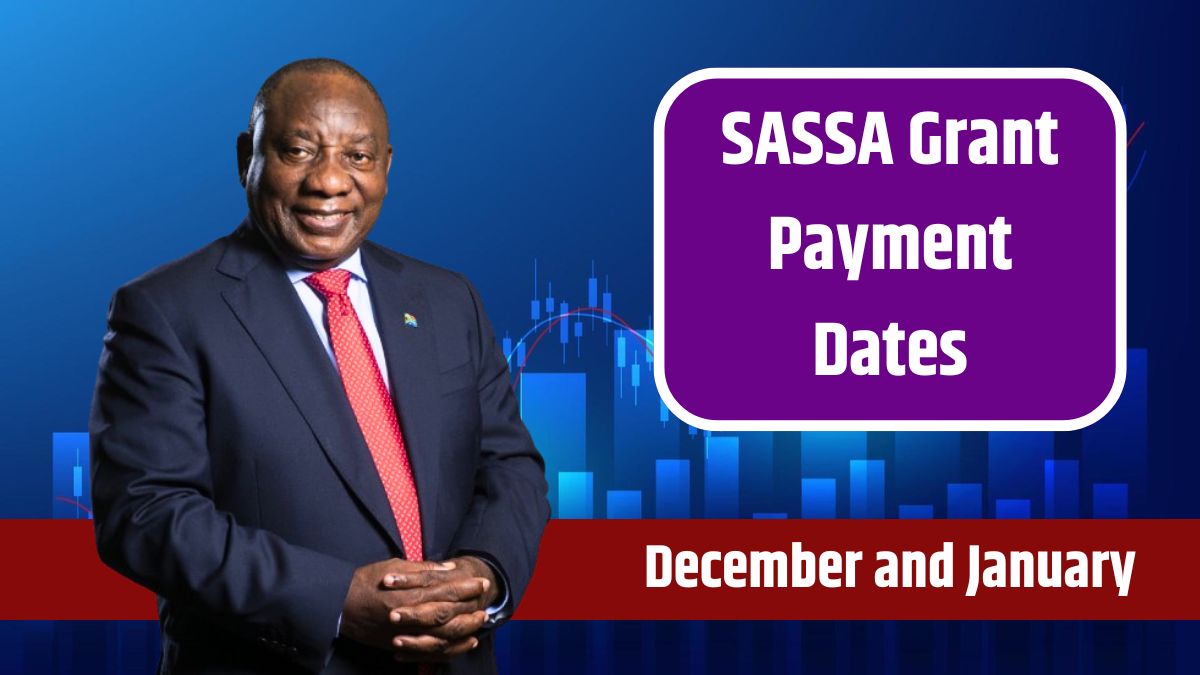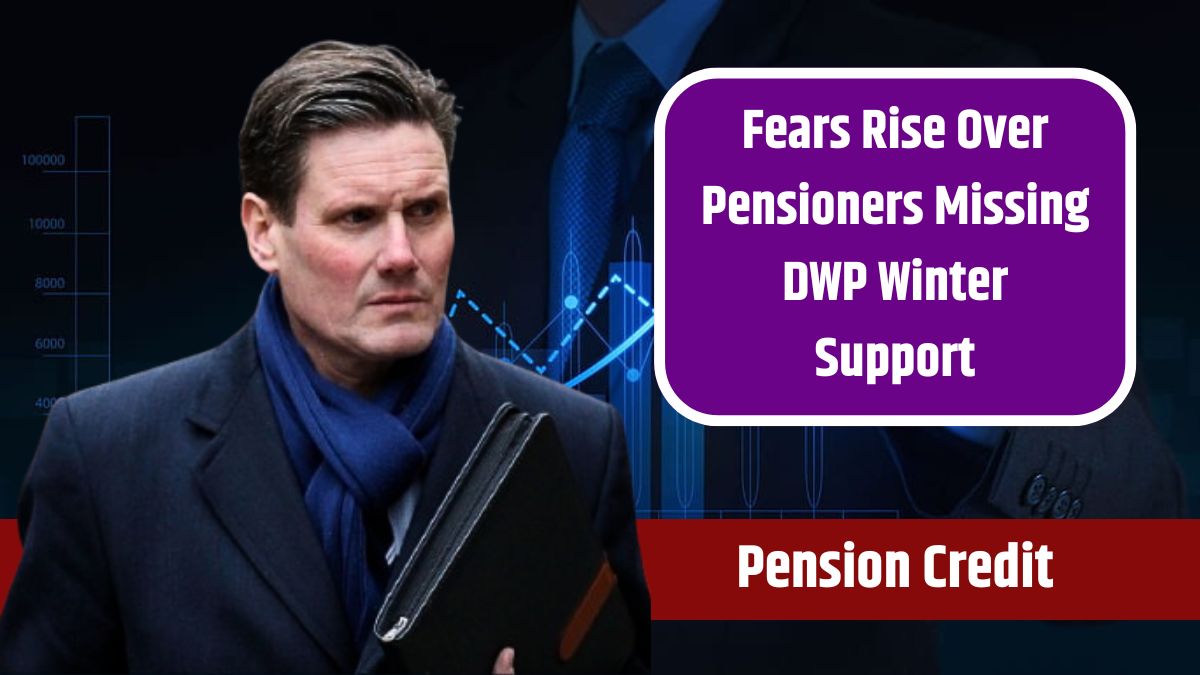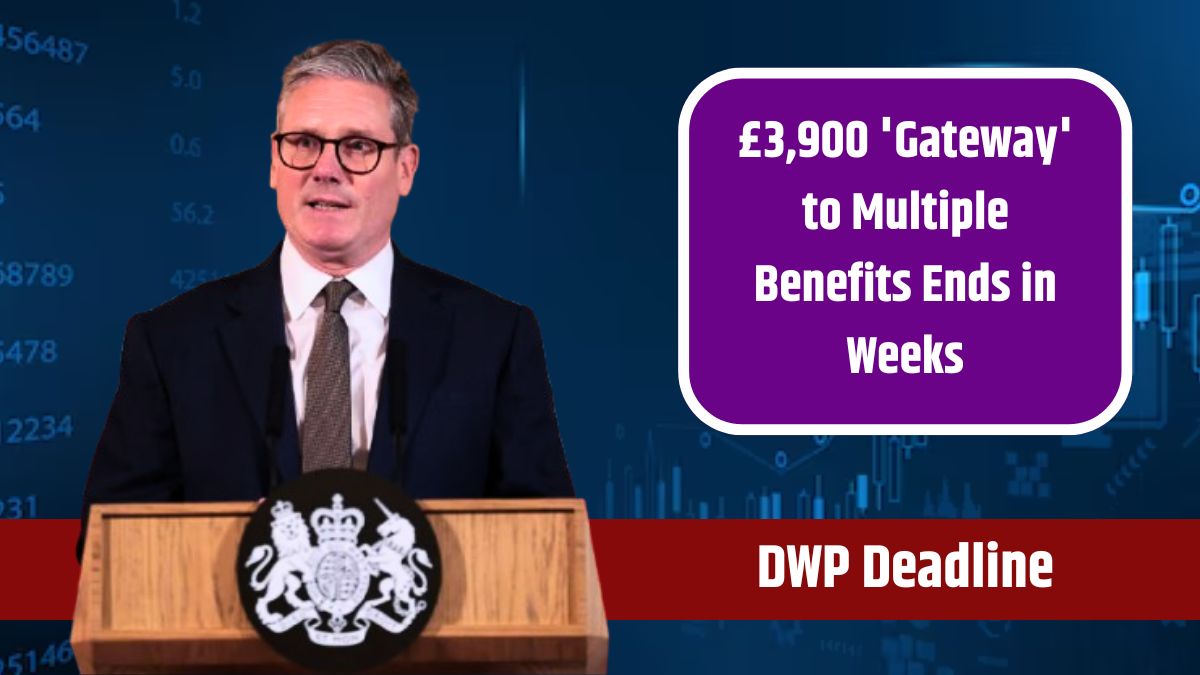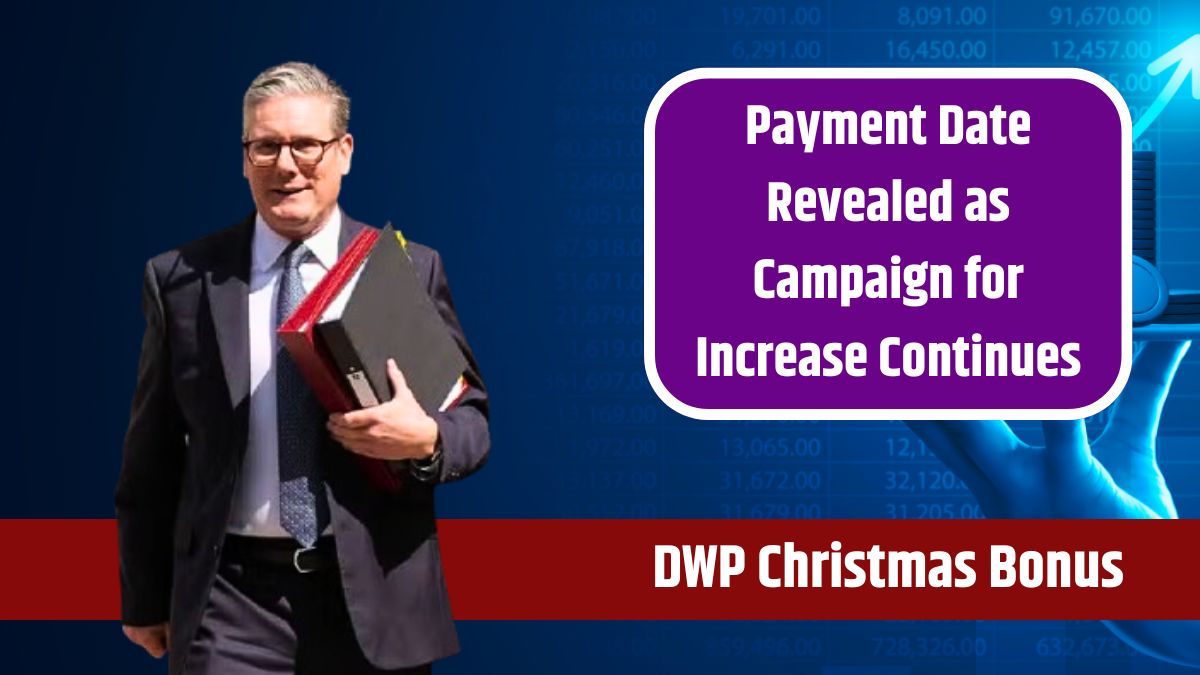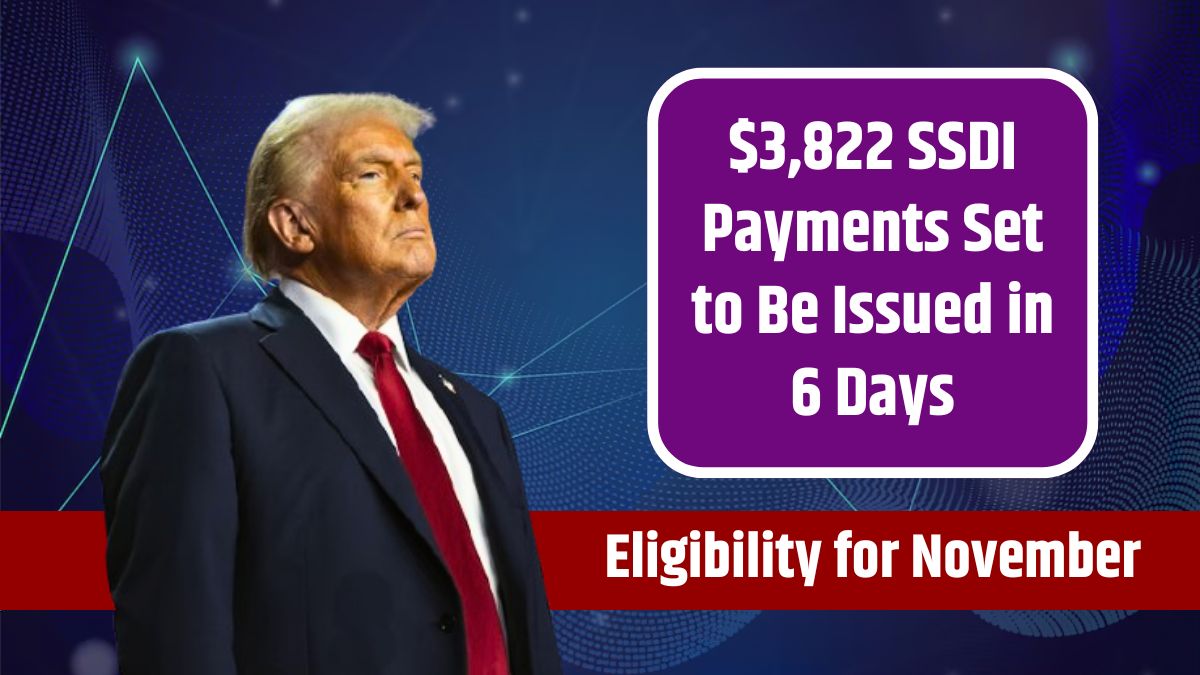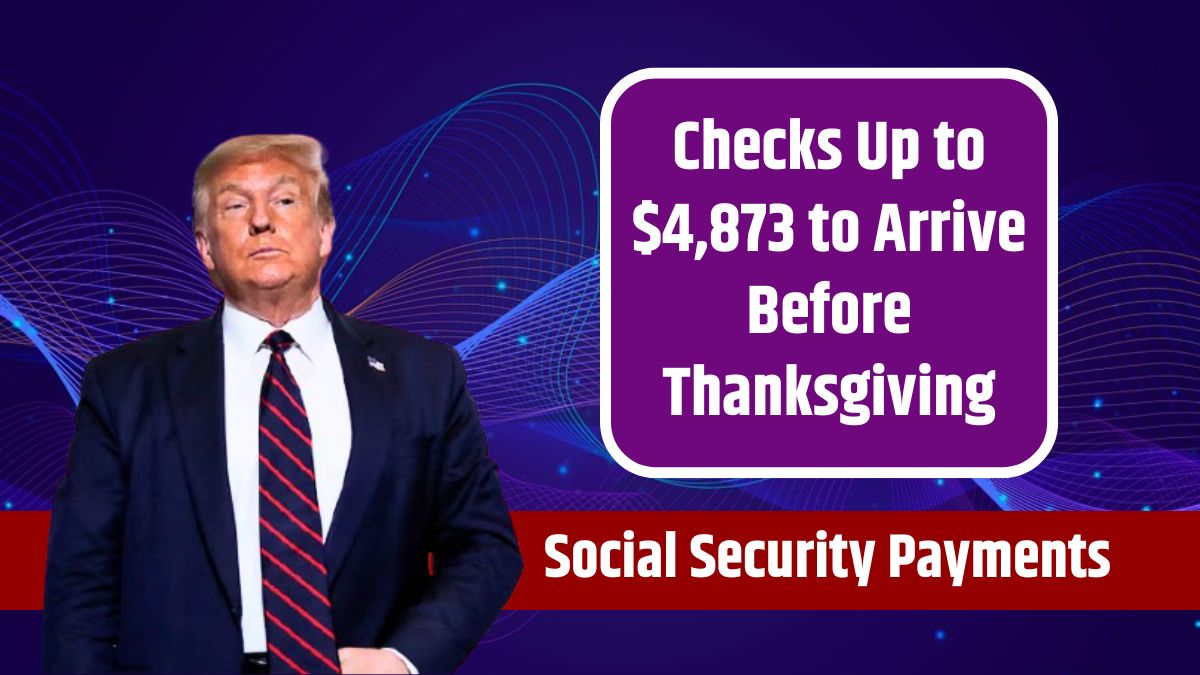The Institute for Economic Justice (IEJ) has advocated for an increase in South Africa’s social relief of distress (SRD) grant from the current R350 to R700 per month. Originally introduced in 2020 to mitigate the economic effects of the COVID-19 pandemic, the grant has since become a lifeline for millions. However, with persistent economic hardships, the IEJ argues that a significant increase is essential for meeting basic living expenses.
Background of the SRD Grant
The SRD grant was implemented as a temporary measure but quickly became an essential support system. While the government recently announced a modest increase of R20, bringing the grant up to R370 from April 2024, experts like budget policy researcher Zimbali Mncube from the IEJ contend that this amount is inadequate. The food poverty line currently stands at R700 per month, underscoring the need for a more substantial rise in financial assistance.
Why R700 Is Essential
According to the IEJ, aligning the SRD grant with the food poverty line of R700 would better support recipients’ basic nutritional needs. Mncube points out that such an increase could also have broader economic benefits by stimulating local spending as recipients purchase goods and services in their communities.
Proposed Funding Strategies
To finance the increase, the IEJ has outlined several progressive taxation methods aimed at raising funds without impacting low-income groups. The focus is on wealth redistribution and promoting economic fairness through these key measures:
Luxury VAT
A proposed value-added tax (VAT) on luxury items would target high-end goods purchased primarily by wealthier South Africans. This measure would help generate additional revenue without affecting the everyday expenses of the broader population.
Wealth Tax
The IEJ suggests implementing a wealth tax that would impose higher taxes on the nation’s wealthiest individuals. This could include adjustments to existing tax rebates and the introduction of new levies on income and assets owned by top earners, fostering a more equitable tax system.
Higher Duties
Another potential revenue source is increased taxes on dividends and estate transfers. By taxing wealth-derived income rather than consumption, the government could support social welfare without burdening the working class.
Proposed Tax Measures
| Funding Measure | Targeted Group | Potential Impact |
|---|---|---|
| Luxury VAT | Wealthy consumers | Raises funds without burdening the poor |
| Wealth Tax | High-income earners | Promotes equitable taxation |
| Increased Duties on Estates | Owners of large estates | Generates revenue from wealth transfers |
Fiscal Challenges
Despite the positive outlook for increased grants, the current state of South Africa’s budget presents obstacles. The government has already mandated cost-cutting measures, with significant impacts on various sectors. For example, due to a R3.8 billion budget shortfall, 2,400 teaching positions are expected to be cut by 2025. These fiscal constraints raise concerns about finding additional funding without sacrificing other essential services.
Social grants already constitute a significant portion of the national budget. This year, around 60% of the R3.7 trillion budget is allocated to social services, covering salaries for teachers, nurses, and other essential workers. Approximately 19.7 million South Africans are expected to rely on social grants by 2027, adding urgency to the conversation on sustainable funding.
Increased Grant
A higher SRD grant, funded through progressive taxation, could help alleviate poverty and reduce economic disparities. With more disposable income, beneficiaries would contribute to local economies, fostering growth and stability. The proposed measures aim to balance social support with economic sustainability, ensuring a fairer distribution of wealth without overtaxing lower-income groups.
The government’s current strategy of incrementally raising the SRD grant is a step forward, but the IEJ and advocates argue it is not enough. To adequately address growing inequalities, more ambitious changes are necessary. The suggested combination of progressive taxes and targeted wealth levies could provide a pathway to sustainable, fair social assistance, paving the way for a more inclusive South African society.
Balancing fiscal prudence with social welfare is key to ensuring that the SRD grant fulfills its intended purpose of supporting the country’s most vulnerable citizens.
FAQs
What is the current SRD grant amount?
The current SRD grant is R370 as of April 2024.
Why does the IEJ suggest raising the SRD grant?
The IEJ believes R700 matches the food poverty line for basic needs.
How does the IEJ propose funding the SRD increase?
Through luxury VAT, wealth taxes, and duties on dividends and estates.
What impact could a higher SRD grant have?
It could stimulate local economies by boosting community spending.
How many people will rely on social grants by 2027?
Around 19.7 million people in South Africa.

